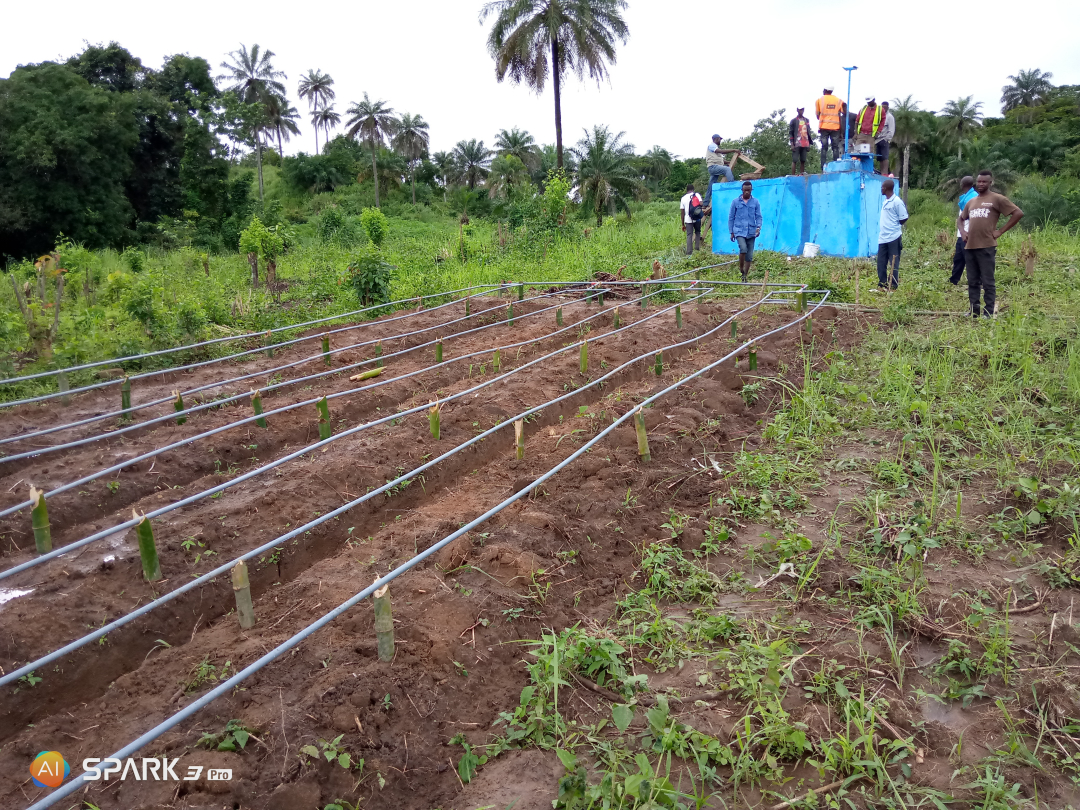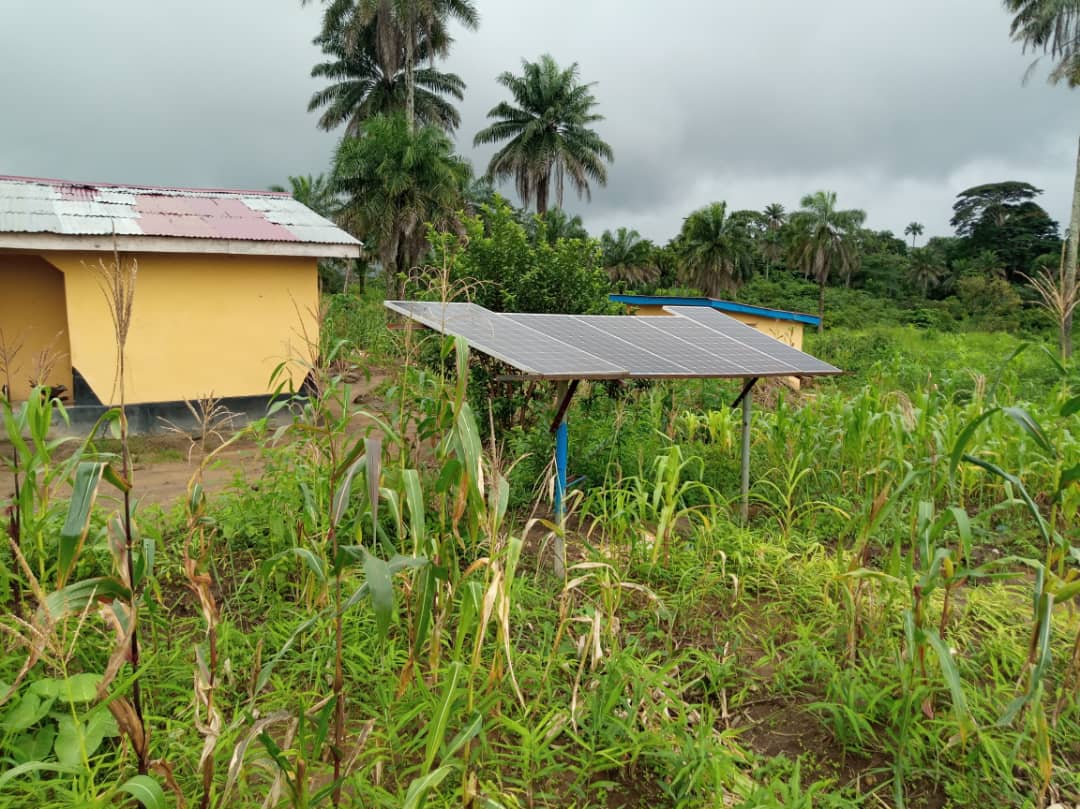Disclaimer:
Please be aware that the content herein has not been peer reviewed. It consists of personal reflections, insights, and learnings of the contributor(s). It may not be exhaustive, nor does it aim to be authoritative knowledge.
This system is powered by a solar panel and battery. The system has a submissive pump, a reservoir tank and pipes. The solar panel and batteries power the submissive pump which pulls the water from the reservoir/source and pumps it through the pipes. The system is also designed with an automatic switching system which is programmed with a mobile phone with a range of over 5000 miles away, this means that the farmer can be at his or her home and irrigate their farm.
 Consent to share form or official link.
Consent to share form or official link.

 2Zero hunger
2Zero hunger


Comments
Log in to add a comment or reply.